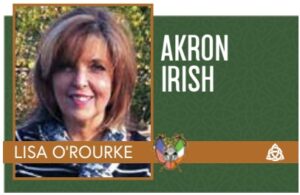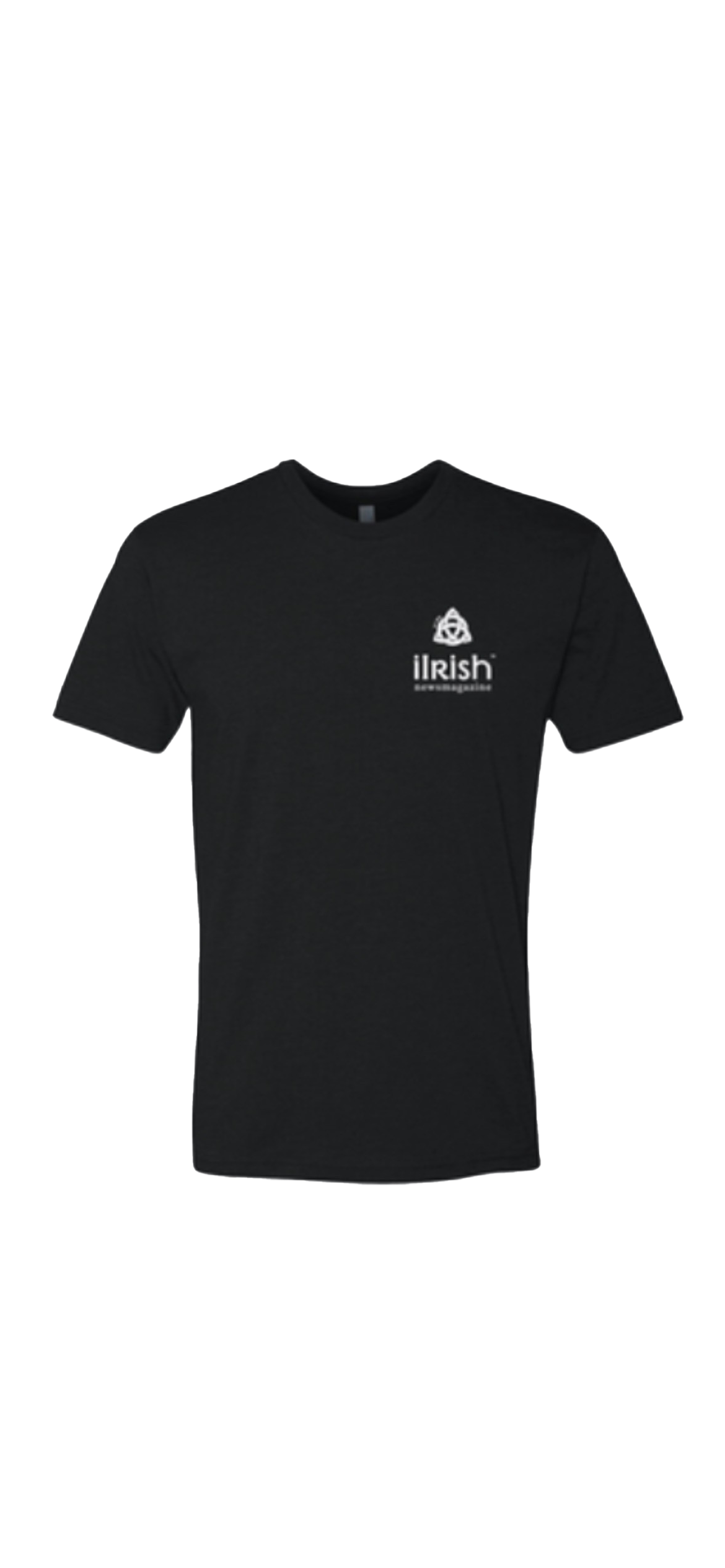Irish Language and Its Unique Charm: From Slang to Syntax
- John O’Brien, Jr.
- September 1, 2024
- Edited 3 months ago
Table of Contents
The Palaver
 One of the reasons that I love the Irish is because they know how to use language. I am not talking about the accent. That’s low-hanging fruit. What I am talking about is the phrasing, word choices, and blending of incongruous elements that create a distinct linguistic tapestry. They possess that cliched ability to tell you to go to hell and make you look forward to the trip.
One of the reasons that I love the Irish is because they know how to use language. I am not talking about the accent. That’s low-hanging fruit. What I am talking about is the phrasing, word choices, and blending of incongruous elements that create a distinct linguistic tapestry. They possess that cliched ability to tell you to go to hell and make you look forward to the trip.
Irish Language
The handling of language is based in the Irish language itself. The Irish language dates back centuries. There are examples of written Irish in the form of Ogham script dating back to the 4th century AD. The more recognizable form, Old Irish, came into being around the 6th century. It was a by-product of the spread of Christianity. The early Christian monks, holed up in stone round towers and beehive huts, were both the authors and preservers of the written word. They transcribed it all, everything from the Bible to ancient Irish legends, like the Tain. By the 12th century, the Latin alphabet was the norm, and Irish was the language of the land. By the 17th century, the English visited and liked it so much they decided to stay. One of their colonial practices was to make English the primary language of the conquered people. It works every time.
Then came the Famine. After the devastation of the 1840s, the Irish language took a beating that it never recovered from. The Famine hit the Irish speaking areas hardest, so many native speakers were lost to the Famine itself. Many others escaped by immigration and left their language behind. That proximity to the Famine left the Irish language with the stench of poverty and death.
Hiberno-English
For many languages, this whammy would equal its swan song. But not so fast there. The secret Velcro of the language is its history and unique structure. Even the Irish people who only speak English have those patterns and syntax embedded in their brains. One of the most obvious and occasionally maddening examples is the inability of the Irish to answer a question. Maybe this is so annoying because English is overly Germanic, craving definition and order. Irish, in contrast, is subtle and polite.
Ask a simple question like, “Would you like a cup of tea?” The answers will vary, of course. One thing you can expect in the response is a verb and not a simple yes or no. The answer will be one of these: “I might have one.” “Oh, I won’t have one,” or “I’m after having one.” I will tell you that of course, global media is stirring the desire to say yes or no. But the propensity to answer a question with a verb runs deep. The repetition of the verb in response to a question is one of the basic components of Irish. It runs deep enough that many people feel that yes and no responses are rude and too blunt.
Another answer to a yes or no question is the dreaded, “I will, yeah.” That is often an answer you hear when the asker wants a favor. If you get an “I will, yeah,” it means that the speaker almost certainly won’t. Again, that response is a little too indirect, but a “no” is rude. You were warned.
The phrase, “I’m after…” is another characteristic that stems from Irish. The insertion of “after” before the verb correlates to the Irish past tense. Another strange combination is the way the word altogether is used, as in “We had the best time altogether.” The “altogether” emphasizes the adjective, stretching it. The expression, “wait till I see have I a …” is another phrasing that relates to the language structure. The concept of “to have” in Irish is tricky because there is no direct translation from English to Irish for ownership.
Irish Slang
While there are not often direct translations, that effort to translate directly is the main force behind the English spoken by the Irish. Slang is just the same as it is anywhere, a camouflage for things we want to obscure, but it is more elaborate in Ireland. One of my favorites is “she had eyes on stalks.” It always makes me smile imagining insect-like eyes popping out. Another is “you have been like a wet weekend.” Such a funny way to tell a person that they have been a downer, but it is not direct either. It doesn’t point the way calling someone a downer does. Another gentler expression is “giving out.” That is used in the place of complaining. It lends an air of inevitability to the complaint, and it puts distance between the person doing the giving out and the complaint.
Watch out for words that you aren’t sure about. One example of this is the word “langers.” I had always heard it used to mean drunk as a skunk. Looking it up, I found out that, in the singular, it means a male part in its county of origin, Cork.
Code Switching
While it is hard to find thousands of people who are fluent in Irish, everyone has a few words. You probably wouldn’t hear them unless something was said that you were not meant to understand. Code switching is the art of changing your vocabulary to suit your audience. In Ireland, it refers to using a mix of English and Irish words with some regional slang thrown in for spice. Even a person with very little Irish would use the Irish word for terms of endearment. Words like “a stór,” meaning “my darling,” or “a grá,” meaning “love,” are used all the time.
Then there are the common words that have different meanings there. My sister-in-law once told me that she was going to town to get the messages. I was expecting her to come home buried in big envelopes. Instead, she walked in with groceries. “Messages” means just about anything that you can do in town. One to watch out for is the Irish word “amadan,” which means idiot. It is a very popular word amongst Irish drivers.
The title of this article, palaver, is a word that you hear in Ireland a lot. It is the Irish equivalent to BS; its meaning can range from waffling on to exaggerating just to the edge of lying. It lingers on the tongue and has more flair than BS. The word comes from the Portuguese, no doubt passed along in a sailing adventure years ago. So many writers, like Joyce, left Ireland to work, but they did not abandon the Irish vernacular. They knew that their way of speaking gave their prose the “blas,” the Irish word for flavor that also applies to a good use of language. The language is still evolving and yes, even Americanisms are creeping in. But I hope it doesn’t change too much. Language in all its forms is an art in which the Irish excel, and they didn’t lick it off a stone, as the expression goes.
Lisa O’Rourke is an educator from Akron. She has a BA in English and a Master’s in Reading/Elementary Education. Lisa is a student of everything Irish, primarily Gaeilge. She runs a Gaeilge study group through the AOH/Mark Heffernan Division. She is married to Dónal and has two sons, Danny and Liam. Lisa enjoys art, reading, music, and travel. She likes spending time with her dogs, cats, and fish. Lisa can be contacted at [email protected]. Please send your Akron Area events to me to share with our readers!




